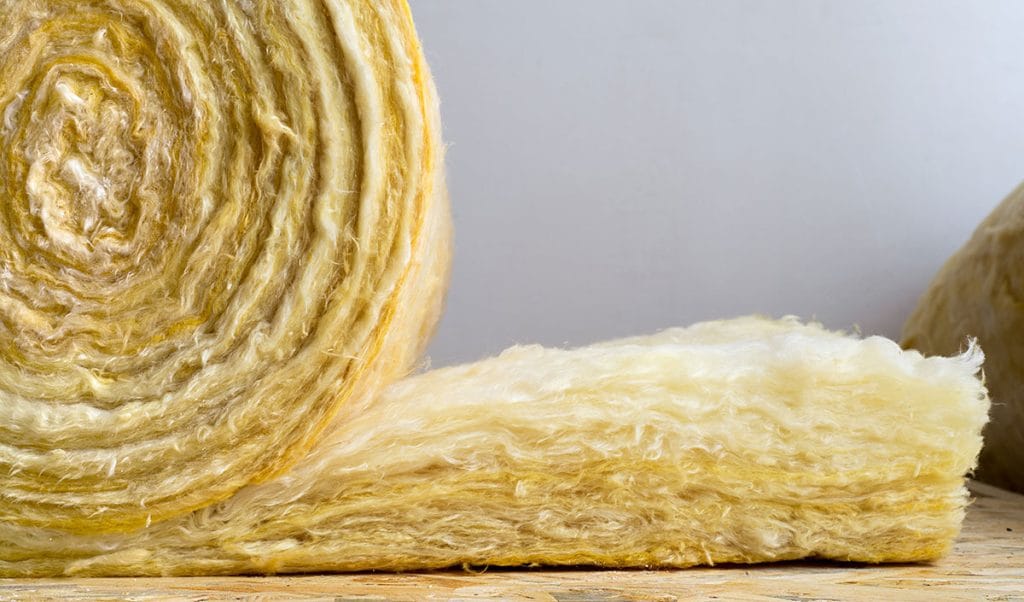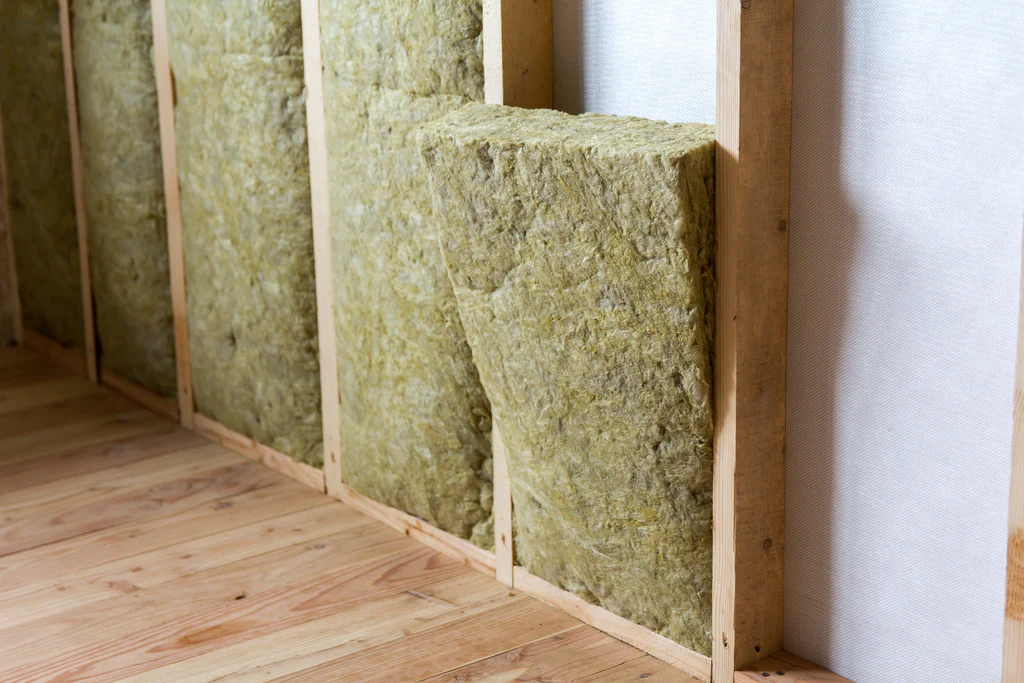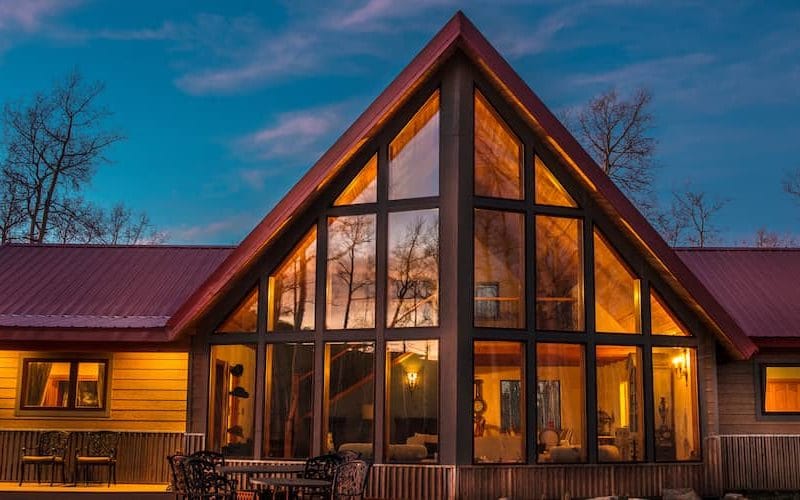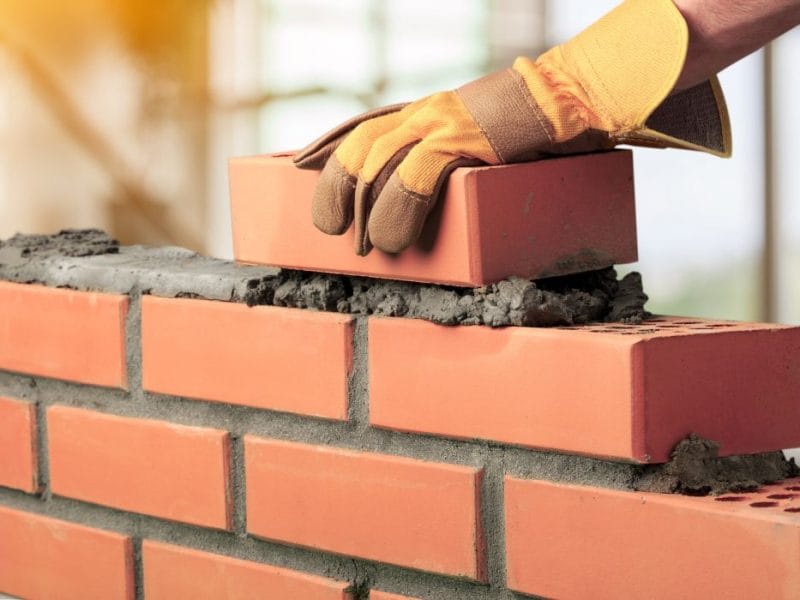What is Mineral Wool?
Mineral wool is a versatile insulation material made from natural or synthetic minerals. It is commonly produced by melting raw materials like basalt rock or slag (a byproduct of metal production) and spinning them into fine fibers. These fibers are then bound together into sheets, rolls, or blocks to create highly effective insulation products.
Mineral wool is renowned for its thermal insulation, soundproofing properties, and fire resistance. In frame house construction, it is one of the most popular materials for insulating walls, ceilings, and floors due to its lightweight, efficiency, and ease of installation.
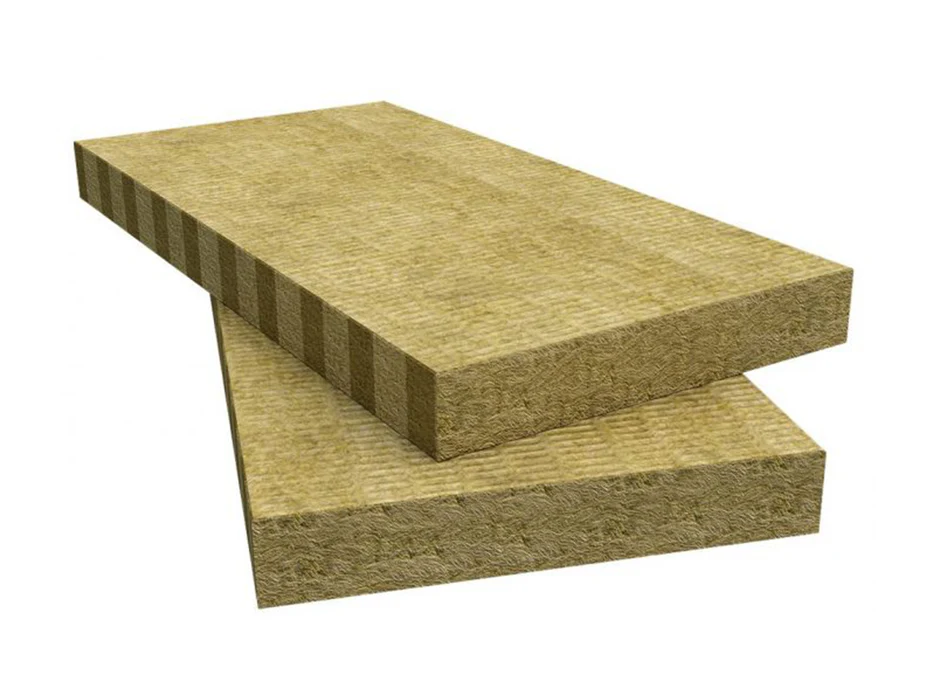
History and Origin of Mineral Wool
The concept of mineral wool originated in the late 19th century, with the first commercial production taking place in Germany and the United States. The earliest type, often referred to as rock wool, was developed in 1871. By the 1930s, advancements in technology allowed for widespread production, and its use expanded into residential, commercial, and industrial applications.
Mineral wool is now a globally recognized insulation material, continually improved by leading manufacturers to enhance its thermal performance, fire resistance, and environmental sustainability.
Applications in Frame House Construction
In frame house construction, insulation plays a crucial role in creating energy-efficient, comfortable living spaces. Mineral wool is used for the following purposes:
• Wall Insulation: Mineral wool is placed between the wooden or metal frame studs to reduce heat transfer and improve energy efficiency.
• Roof and Attic Insulation: Its excellent thermal resistance minimizes heat loss through the roof, which is critical for both cold and hot climates.
• Floor Insulation: Installed between floor joists, mineral wool reduces noise transfer and maintains consistent indoor temperatures.
• Soundproofing: Due to its dense structure, mineral wool significantly reduces noise between rooms and from outside sources.
Leading Manufacturers of Mineral Wool
Several companies dominate the global mineral wool market, producing high-quality insulation materials trusted by professionals worldwide. The most notable brands include:
1. Rockwool (Denmark): A leader in mineral wool production, known for its innovative and sustainable insulation solutions.
2. Knauf Insulation (Germany): Offers high-performance mineral wool products that are both effective and eco-friendly.
3. Owens Corning (USA): Produces a range of insulation materials, including mineral wool, with a focus on energy efficiency and durability.
4. Isover (France): A Saint-Gobain brand that provides premium mineral wool solutions for residential and commercial buildings.
5. Johns Manville (USA): Renowned for its comprehensive insulation offerings, including advanced mineral wool products.
These manufacturers prioritize quality, sustainability, and performance, making their products ideal for various construction projects.
Costs and Economic Feasibility
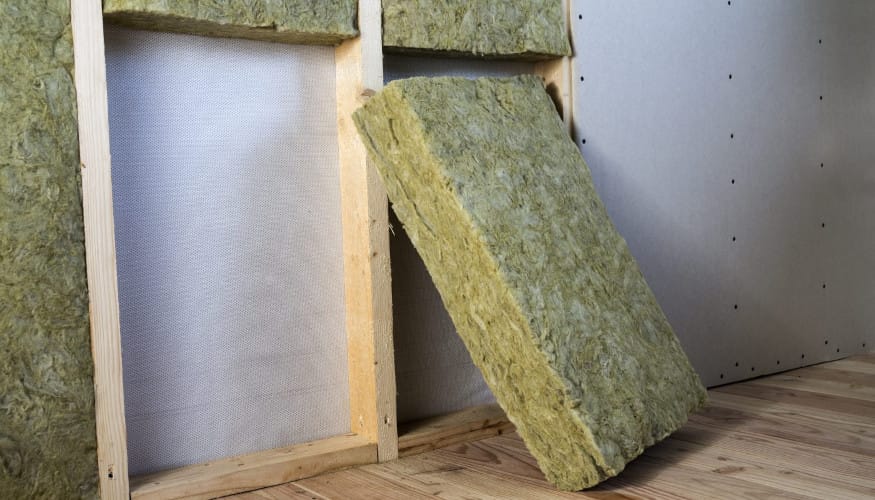
The cost of mineral wool insulation depends on the brand, density, and thickness of the material. On average, prices in the U.S. are as follows:
• Standard Mineral Wool Batts or Rolls: $0.50–$1.50 per square foot.
• High-Density Mineral Wool Panels: $1.50–$3.00 per square foot.
Although mineral wool can be slightly more expensive than other insulation options, such as fiberglass, its superior thermal performance, soundproofing, and fire resistance often justify the investment. Additionally, proper installation and energy savings can significantly offset initial costs over time.
Advantages of Mineral Wool
1. Excellent Thermal Insulation: Mineral wool has a high R-value, providing effective thermal resistance that keeps homes warm in winter and cool in summer.
2. Fire Resistance: Mineral wool is non-combustible and can withstand extremely high temperatures, making it a safe choice for insulation.
3. Soundproofing: Its dense structure effectively reduces noise transmission, creating a quieter indoor environment.
4. Moisture Resistance: Mineral wool is water-repellent and does not promote mold or mildew growth.
5. Durability: Unlike some other insulation materials, mineral wool does not settle or lose its insulating properties over time.
6. Eco-Friendliness: Many manufacturers use recycled materials in production, making mineral wool a sustainable choice.
Disadvantages of Mineral Wool
1. Cost: Mineral wool is generally more expensive than fiberglass insulation, which might deter budget-conscious builders.
2. Installation Precautions: The fine fibers can irritate the skin, eyes, and respiratory system, so proper protective gear is required during installation.
3. Weight: Mineral wool is heavier than some other insulation materials, which can make handling and transportation more challenging.
4. Air Sealing Required: Mineral wool does not act as an air barrier, so additional measures (such as vapor barriers) may be needed for optimal energy efficiency.
Conclusion
Mineral wool is a highly effective and versatile insulation material that offers superior thermal performance, soundproofing, and fire resistance. Its applications in frame house construction make it an ideal choice for homeowners and builders aiming to create energy-efficient and safe living environments.
Despite its slightly higher cost and the need for proper installation techniques, the benefits of mineral wool—such as long-term durability and energy savings—make it a worthwhile investment. With innovative solutions from top manufacturers, mineral wool continues to be a key component in modern sustainable construction.
